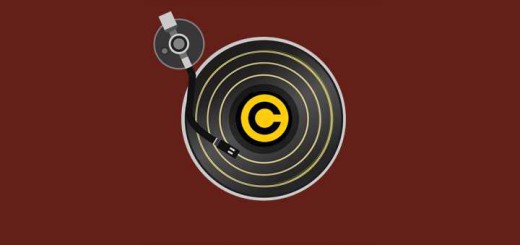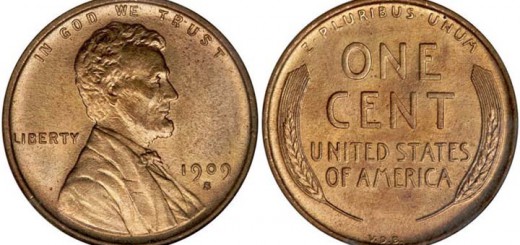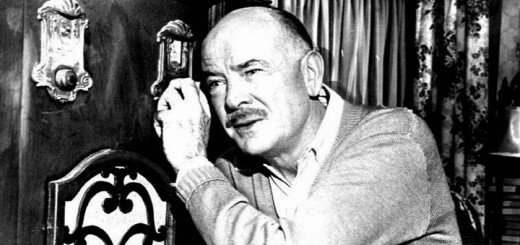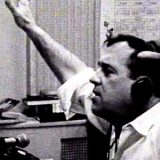Easy Listening Is Hard Work
Two posts on audio entertainment caught my attention recently, both related to the tug of war between unlimited choice and simple user interfaces. One is an article about the This American Life Hackathon. Ira Glass and his team is pulling together, “…developers, coders, designers, producers, sound designers…anyone who has skills and ideas to offer…,” to find ways of making listening to audio entertainment more appealing. The motivation?
Quality content deserves quality technology. Captivating stories deserve an incredible listening experience. Better tech could make it easier to access, share and discover great stories and great moments within stories. We want your help brainstorming and implementing new and exciting ways to hear the world.
Siri-ously
No surprise there. It’s too darn hard to listen to Internet-based audio entertainment even if you’re comfortable with technology. This is a problem that is stunting the growth of streaming music, Internet radio stations and our beloved podcasts, especially for independent content producers. Perhaps the combined talent the Hackathon attracts will find ways of making interfaces puchbutton-simple, even if that means doing away with pushbuttons and relying on voice commands instead. Wouldn’t it be nice to say something like, “Play my podcast,” while driving down the highway, or, “No, not that one. The previous one,” to skip back an episode? All without fumbling around the front seat for your smartphone, and without ever taking your eyes off the road. If Apple’s Siri can play tracks from your music library, surely we can teach she/he/it to manage the podcast universe, or some portion thereof.
Great Britain’s Great Idea
Speaking of a subset of the podcast universe, the second article is from the BBC about its take on audio entertainment. The venerable broadcaster is initiating a project to create a personal online radio station for each of its listeners. The station would be a blend of live and recorded content in a mix derived partly from listener input and partly from crunching data about each user’s listening habits and content preferences. It’s an ambitious project, but the BBC has the funding, staff and millions upon millions of hours of content at its disposal. It also has the motivation. With its wealth of content, both current and archived, it’s difficult for a listener to discover everything the BBC has to offer.
Gee, that’s a familiar sounding problem. Here’s the way the BBC looks at it:
When we started thinking about developing this we knew that we would have to keep it simple. But we also need to make radio more sophisticated if it is to stay relevant to both the new generations of listeners as well as our current audiences who now have new ways to listen. So our proposal for personalised radio is to aim for sophisticated simplicity – as simple as turning on a radio but giving you your very own BBC radio station based on what you like listening to. This will respond to your needs, wherever you are, whatever time of day. It will combine live and on-demand audio with music playlists and regular updates for news, sport, travel, weather and other alerts. This will be based on understanding what you normally listen to, what you like, what you don’t like and linking this to factors such as time, location and what device you’re listening on.
My hope is that both the BBC and the Hackathon will focus on simplicity rather than slickness. The great and enduring media interfaces are not flashy at all: television, radio, books and newspapers interfaces are intuitive and simple to use. There’s no reason a window into audio entertainment couldn’t be the same.
Simple is Hard to Do
The challenge is less the interface than the attempt to distill an infinite universe of choices into a manageable package. The tension between complicated total access versus restricted intuitive access winds up tearing solutions apart from the inside. The BBC’s approach is fascinating. Shrink the universe with help from the individual listener, then give that listener easy access into his or her self-defined world. It sounds like a novel approach, but is it scalable? Can it work for both a huge organization and small podcast networks? As for the Hackathon, we’ll have to wait and see what ideas are forthcoming.
The good news is the ease of use issue is finally getting the attention of organizations with the resources to make simplicity and choice pull together.









